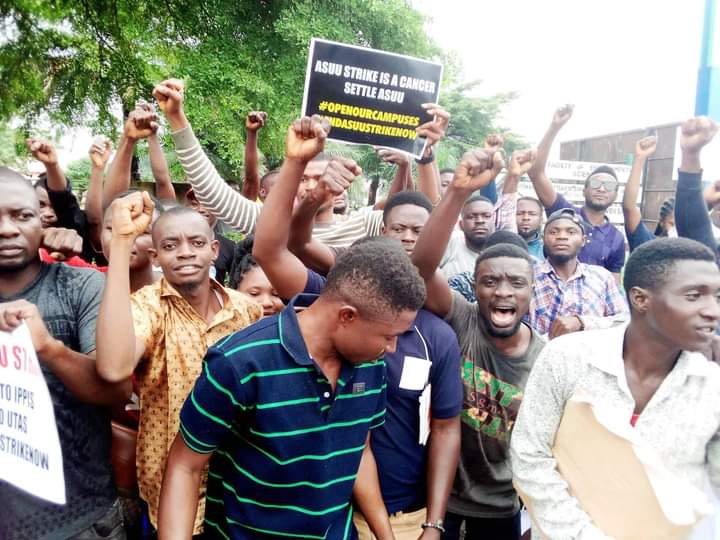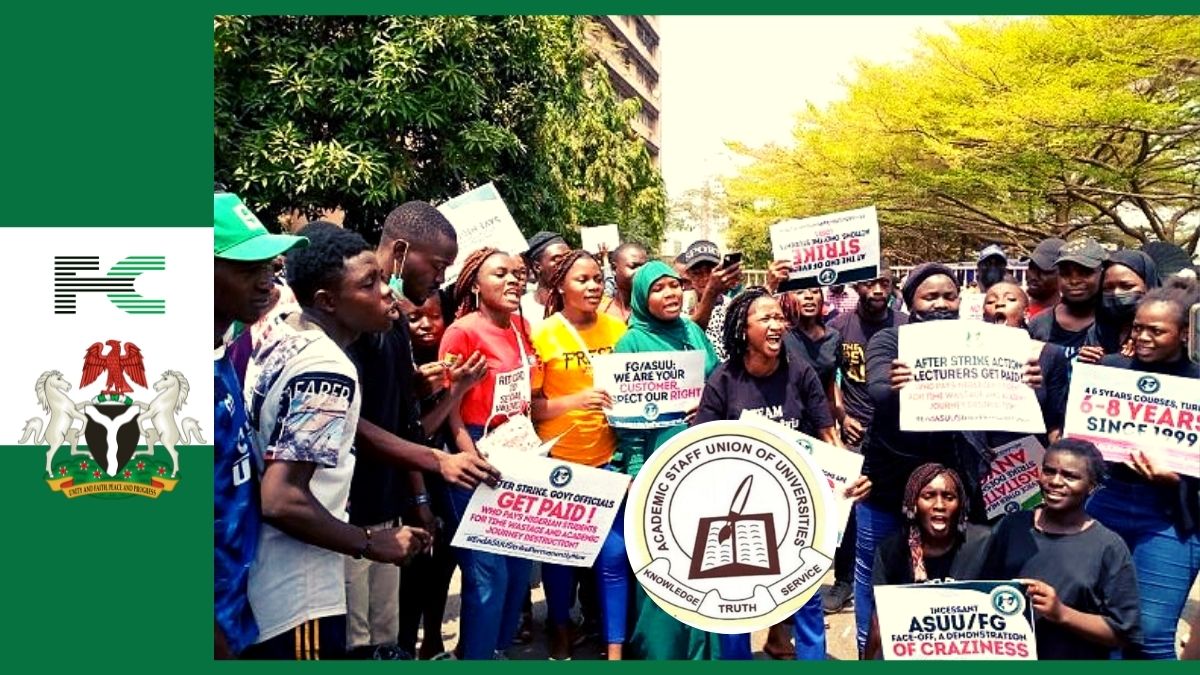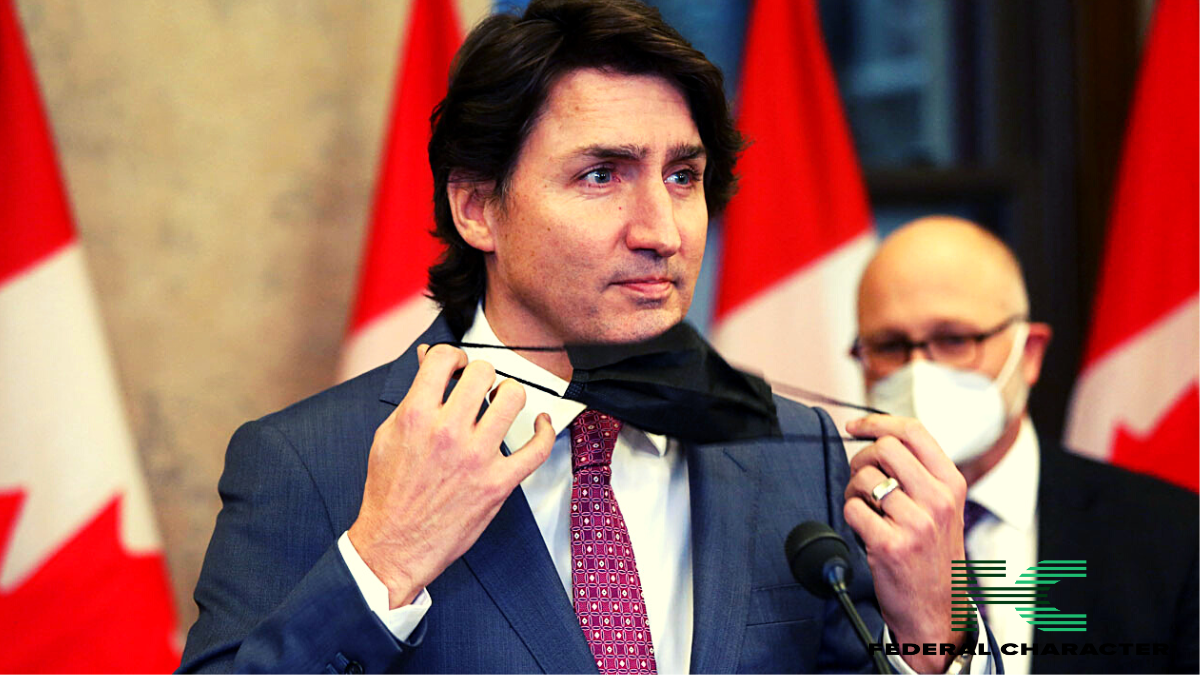There is a high possibility that the Academic Staff Union of Universities (ASUU) will embark on its longest industrial action ever in the history of its existence. The longest strike action which the Union embarked on lasted for 180 days in 2003.
This is as a result of the numerous demands of the academic union which the Nigerian Government have faced hard times in fulfilling, and which they have also shown frivolity towards. The Union currently demands for over 1.3 trillion naira from the Federal Government, the approval of the University Transparency and Accountability Solution (UTAS) to be used as the payroll and personnel system, in place of the Integrated Payroll and Personnel Information System (IPPIS), demands contained in the 2009 Memorandum of Understanding (MoU) and other outstanding demands in the Memorandum of Action (MoA) signed with the Buhari Administration.
This strike action which seems to be looming is due to the government’s inability to fulfill any of the Union’s demands within this 3 weeks of temporary warning strike action, and it may actually last longer than expected as the Nigerian Government seems to be more focused on the 2023 General Elections, that will be conducted February 2022.
Students under the auspices of the National Association of Nigerian Students (NANS) staged a nationwide protest, calling on the Federal Government and the Academic Union to settle the issues on ground to enable them return back to school.

But Why is this strike action going to last very long?
The near impossibility of increasing the salaries of university lecturers. Last week, the Minister of Labour and Employment, Chris Ngige gave reasons why the proposed increment in the salary and allowances of university lecturers would not be possible since it did not tally along with the Salaries and Wages Commission. The University lecturers have had no increment in their salaries since 2009 and with the way things have changed socioeconomically since then, the university lecturers may not be willing to end the strike action till their salaries are increased.
The Federal Government’s reluctance to fulfill the simplest demand, which is the payment solution, is another reason why the strike action may linger. The academic union created the UTAS in 2019 to address all the anomalies and irregularities that the IPPIS had. The Federal Government suggested that the hybrid platform undergo an integrity and usability test at the National Information Technology Development Agency (NITDA), which the system passed and was approved of by the ICT agency, but the Federal Government became reluctant to accept the use of the Union’s preferred payroll system.
The inability of the government to provide the gargantuan sum of 1.3 trillion naira is also another reason why the looming strike action may last long. The amount of money which the Union is demanding was part of the NEEDS assessment for public universities and it has not been fully paid since 2013. The federal government did not include this in its budget for the year and may find it hard to remit that amount of money.
The focus on the 2023 Presidential Elections is also another reason. In December 2021, The Independent National Electoral Commission (INEC) chairman, Prof. Mahmood Yakubu demanded that the FG pay 305 billion naira for the conduct of the 2023 General Elections. It is not known if the Federal Government would likely pay this amount but the government which is dominated by members of the All Progressives Congress (APC) seem to be more focused on retaining power.
Lastly, the reluctance of the Union in accepting further promises. The government have for long been making promises without fulfilling them and the Union are presently more interested in the government processing their demands than renewing them.
If ASUU embarks on a total, comprehensive and indefinite strike action, it will be the 23rd time in its history.














